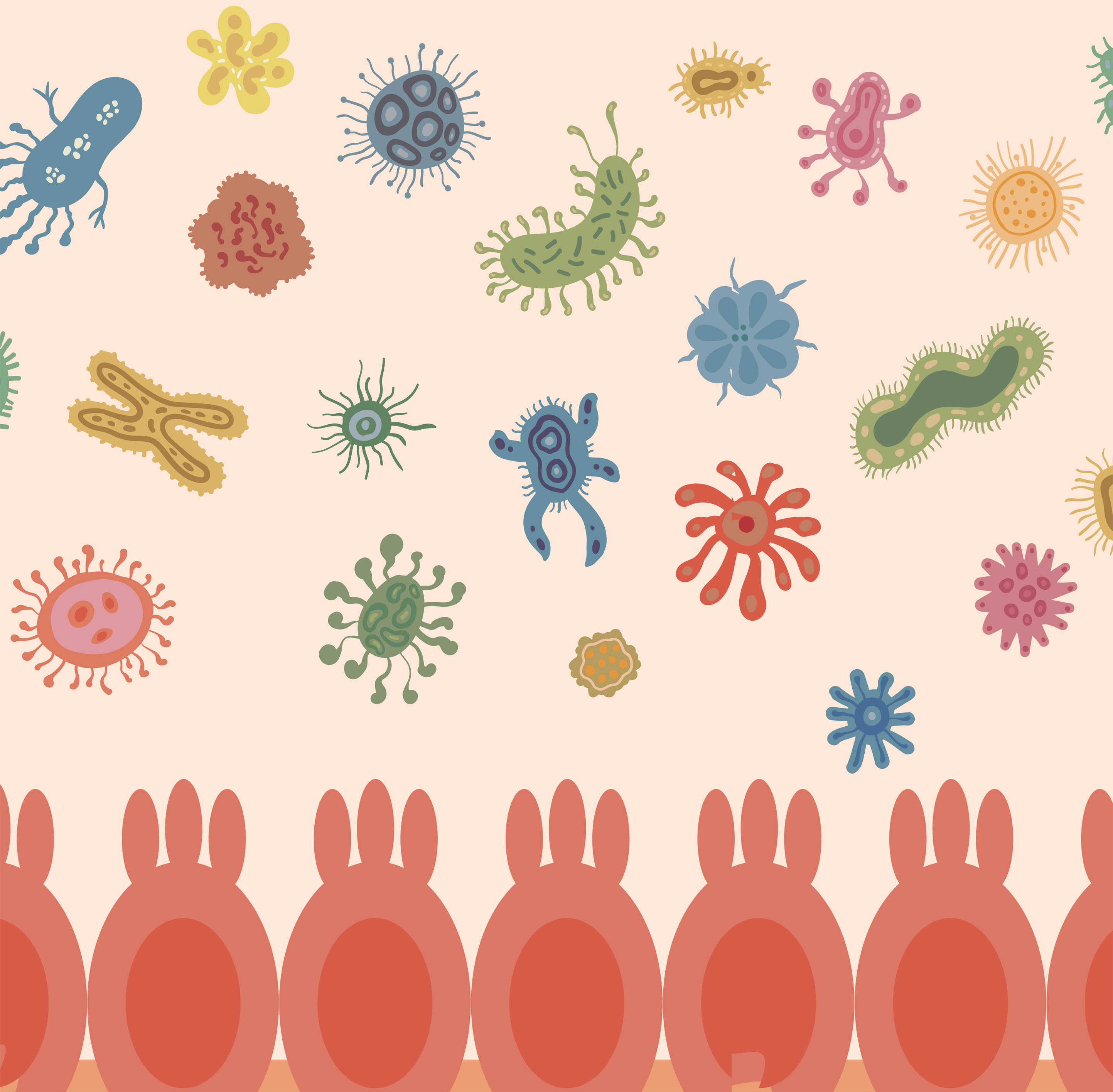At-A-Glance
- Chamomile, from the Greek “earth apple,” is the world’s healthiest herbal tea. Its antioxidant and anti-inflammatory properties provide many health benefits and are good for acid reflux.
- Chamomile is a plant native to Europe and Western Asia, but it’s also grown in warm parts of the U.S. It produces daisy-like white flowers, which when dried make the herb used to make the tea.
- Chamomile tea is good for acid reflux and it helps alleviate feelings of hunger or stomach grumbling that may occur in the evening after dinner; it can help you from snacking at night.
Join Facebook Live with Dr. Jamie Koufman the 1st Wednesday of the Month at Noon Eastern Time; and if You Have Questions About Respiratory Reflux Ask Them There. And If You Miss It Live, It Gets Posted to YouTube Afterwards.
The #1 risk factor for silent reflux—SNoRR (Silent Nocturnal Respiratory Reflux)—is insufficient time for the stomach to empty and go quiet (no acid or pepsin in there) before bed. If you come home from a big meal with a buzz from alcohol and go to bed soon thereafter, you have virtually 100% of having SNoRR that night, even if you don’t know you are having it. It is likely, however, that you will have symptoms in the morning, e.g., excess mucus, “whiskey voice.”
Between eating and bed ( water excluded), I recommend 3 hours for people under age 40, 4 hours for 40-60, and 5 hours for people over 60. Sometimes, younger people make fun of us old people for eating dinner at 5 p.m., but that is the right thing to do for us.
Chamomile tea is especially good for acid reflux as well as help alleviate feelings of hunger and settle the stomach after the evening meal and before bedtime. And to my knowledge, although there not yet published research data on the benefits of chamomile as a therapeutic, many of my patients have reported that chamomile also helps relive reflux symptoms, too..
If you are on my Reverse Intermittent Fast as part of a Reflux Detox Program, you will stop eating 6-8 hours before bedtime. I would expect that you might get hungry in the evening on such a program, and that’s where chamomile comes in. Drink chamomile tea to alleviate your symptoms. But it has to be consumed without sugar or honey, as they may turn on the stomach. But you can use an artificial sweetener if you like.
Tea as a Healthy Substitute for Coffee
Coffee is a relatively common reflux-trigger food. If you want to quit coffee, green and black teas are great equivalencies for coffee’s caffeine to get you started in the morning. A cup of black English Breakfast Tea, for example, contains about half the caffeine of a cup of coffee so you can drink 2-3 cups of black tea in the morning. And use the same teabag each time; it will easily give up a enough flavor and caffeine, even the last cup.
Green tea may be the healthiest choice for daily use, every morning tea. Green tea contains caffeine, but less than black tea. Caffeine in one cup of green tea is about one-third that of a cup of coffee. I recommend no more than three cups
In the afternoon, I recommend herbal teas and the healthiest choices are ginger, turmeric, hibiscus, and, yes, again, chamomile. By the way, ginger tea is touted to be helpful for morning sickness. Avoid tea blends containing spearmint, lemon, or licorice.
In the evening chamomile is king; have a cup or two if you get hungry in the evening. (If you eat inner at five and go to bed at midnight; I drink chamomile every night.) Also, if your stomach is rumbling or uncomfortable, have that 2nd cup of chamomile … and sometimes, you might want to add a swig of an Alginate, like Gaviscon for extra protection.
Please subscribe to this blog (see bottom below) to stay current; if you would like to schedule a virtual consultation with me, you can Book It Online.










